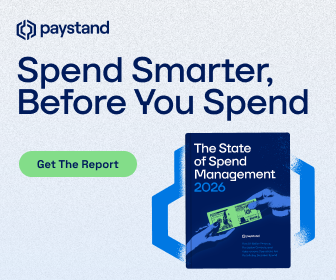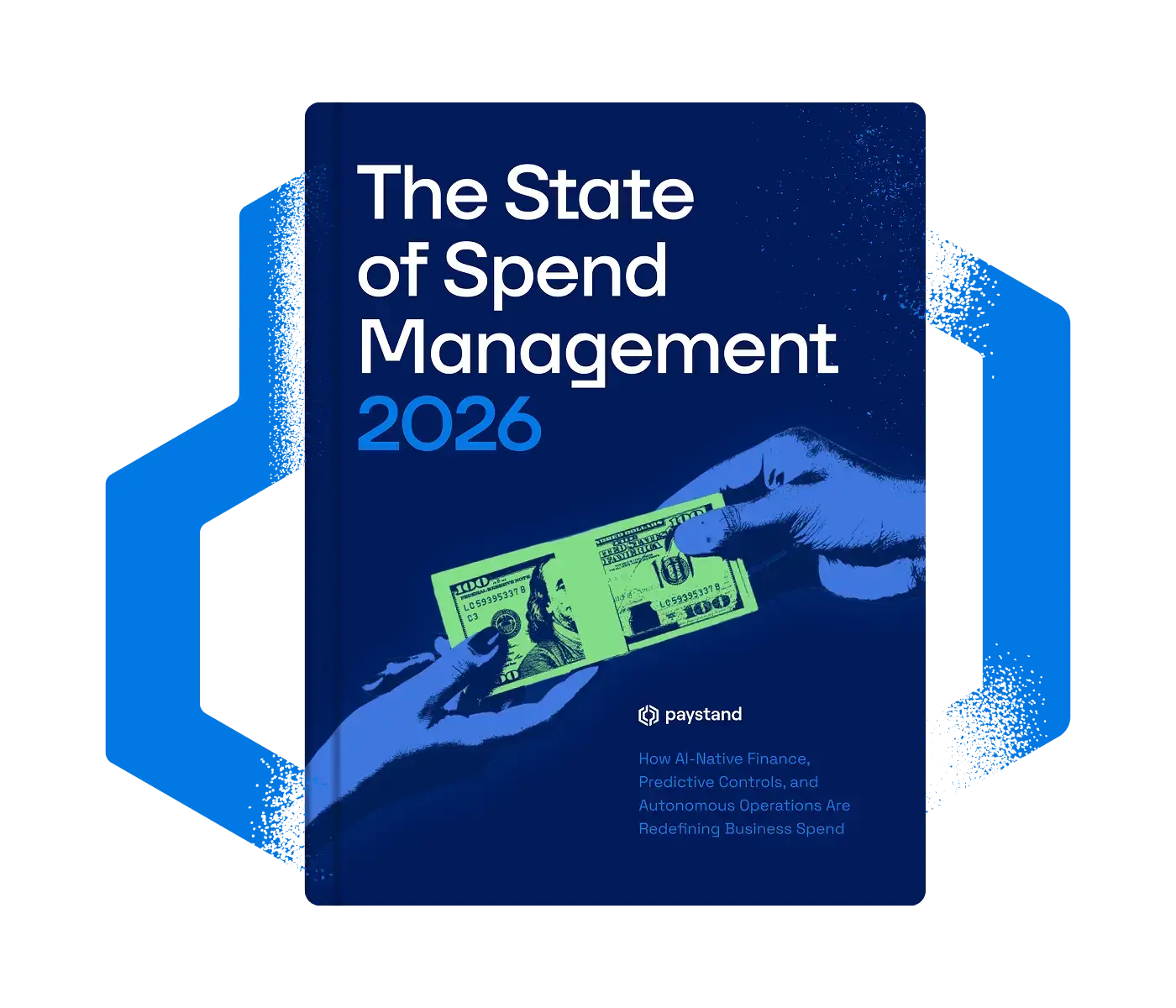Whether driven by technology, regulatory shifts, or business needs, many have been calling for changes to the accountancy profession. In this, aspiring and current accountants are going to need new skills built for the next era of business, and thought leaders are each pushing their own ideas of what tomorrow’s accounting world will require.
As the fastest-growing voice of controllers, our job is to help you future-proof your job, and in this, we would like to discuss some of the expectations coming in the next decade.
The Evolving Skillset in the Future of Accounting Work
The accounting profession has continued to change. Reflecting larger changes in the workforce, the World Economic Forum discussed the top skills in 2015 and projected the top ten in-demand skills for 2020: complex problem solving, critical thinking, and creativity. Though complex problem solving remains at the top of the list, critical thinking jumped from number four and creativity jumped from number ten.
As displayed by the CPA Journal, success in the field will require the following:
- Complex Problem Solving
- Critical Thinking
- Creativity
- People Management
- Coordination and Collaboration
- Emotional Intelligence
- Sound Judgement and Decision Making
- Service Orientation
- Negotiation
- Cognitive Flexibility
But how are leading bodies working to develop these skills? From AICPA and NASBA to the ACCA, IFAC, and Audit Standards Board, influencers are pushing the following.
CPA Evolution: How AICPA and NASBA Seeks to Drive Change
Something we had looked into over the past few months, the CPA Evolution was a program introduced to transform the CPA licensure model to recognize the rapidly changing skills and competencies the practice of accounting requires today and will require in the future.
A joint initiative of the National Association of State Boards of Accountancy (NASBA) and the AICPA, this brought in feedback from 2,000 stakeholders to discuss the changes needed for CPAs in the future.
Focused on the Core + Discipline model, future CPAs are expected to deliver the basics (the Core) and choose one discipline out of business reporting and analysis, information systems and controls, and tax compliance and reporting.
Future of CPA seeks to change the exam and provide new accountants with skills in digital technology, critical thinking, professional judgement, problem solving, business knowledge, systems, control, and risk, SOC, and data management.
We discussed this in our articles titled could we be in for a change in the CPA licensing process and a deeper look at the CPA evolution.
Association of Chartered Certified Accountants (ACCA): Future-Ready Careers
On the global spectrum, the ACCA report Future ready: accountancy careers in the 2020s sees five career zones emerging:
- Assurance Advocate: Focused on stewardship, the Assurance Advocate will be focused on areas such as auditing, risk management, and compliance.
- Business Transformer: The architect of change, business transformers will help drive strategies and create sustainable future operations.
- Data Navigator: The person in the know, the data navigator will leverage analytical tools to drive insights that deliver business outcomes.
- Digital Playmaker: The digital playmaker is a technology evangelist, who champions technology adoption and data governance within the organization.
- Sustainability Trailblazer: Focused on establishing frameworks that capture, evaluate and report on the activities, sustainability trailblazers are going to focus on emerging opportunities with better external disclosures to ever-growing stakeholder groups.
Focused on technological innovation, constant upskilling, regulatory adjustment, data use, and adjustment to new business structures, the ACCA expects an exciting digital evolution.
IFAC Makes the Call to Reimagine the Future Accountant
Published in January 2020, the International Federation of Accountants’ (IFAC) International Panel on Accounting Education proposed transforming accounting education globally to prepare future-ready accountants. Citing a WEF report noting increasing redundancy, IFAC hopes to help the finance professionals among the 75 million jobs set to be displaced by a shift in the division of labor between humans and machines.
Proposing a move from accountants doing the same thing to accountants doing the same things differently to accountants doing different things, the goal is to help accountants take advantage of disruption—instead of getting disrupted. From business and digital acumen to behavioral competence and communication, IFAC recommends the following competencies:
- Business acumen:Today, strategic business decisions are increasingly based on how individuals can integrate appropriately analyzed large data using their professional judgment. Business models are rapidly changing, impacting how vendors, employees, and customers interact, and how business is conducted and measured.
- Behavioral competence:This includes how individuals can use intellectual curiosity, critical thinking, adaptability, and lifelong learning to effectively respond to an environment of rapid technological change while also demonstrating the intellectual agility to embrace new or alternative ways of working and adapting to changing circumstances quickly. Behavioral competence also includes the ethical use and dissemination of data.
- Digital acumen: Accountants should understand how new and emerging technologies impact what they do, or what they likely need to do, in an ‘evolving’ or ‘revolutionizing’ landscape—how such technologies operate, are used, and affect the generation, processing, and flow of data and information. Data governance and security are also key elements of digital acumen.
- Data interrogation, synthesis, and analysis: The competencies needed by individuals to effectively work with structured and unstructured data, for example, evaluating whether data is complete, accurate, and relevant, and understanding exceptions to expectations. These competencies also include conducting risk assessments, predictive analysis, and effective use of visualization tools.
- Communication: New and emerging technologies have changed the channels of communication from and across systems, for example, using social media and smart devices.
Future-Proofing the Controllership: Learn from the Controllers Council
Though there are many different ways to approach the new skills, your ability to stay ahead of the needs requires you to stay in the know. At the Controllers Council, our goal is to provide you with an area to discuss the challenges and opportunities that you need to focus on when leading your business. Our rapidly growing community offers tips, networking, and advice to help. Learn more about the benefits of membership and join today.
Additional Resources
Could the Controller Find a C-Level Spot as 2021’s Hottest Job Title?
Controller to CFO: Five Things You Should Do in Order to Position Yourself for a Promotion




